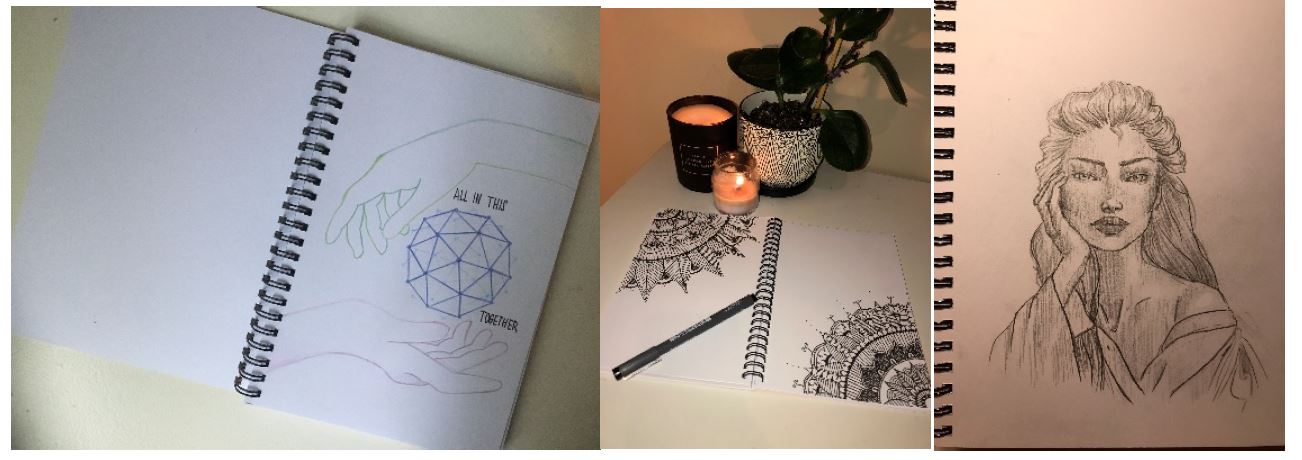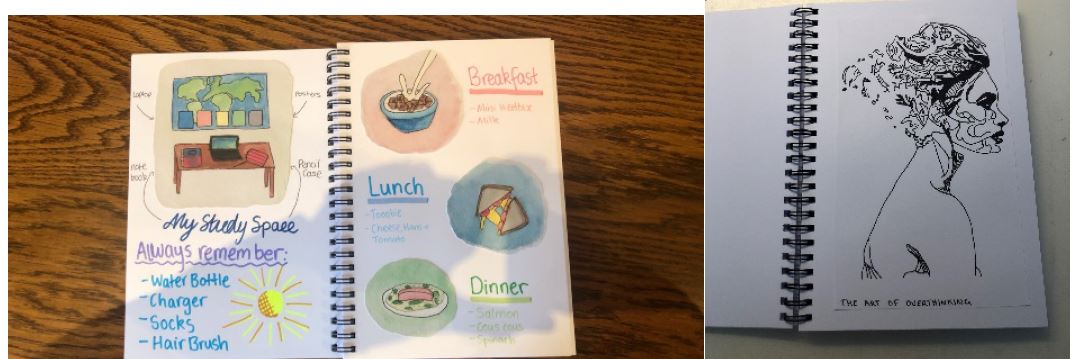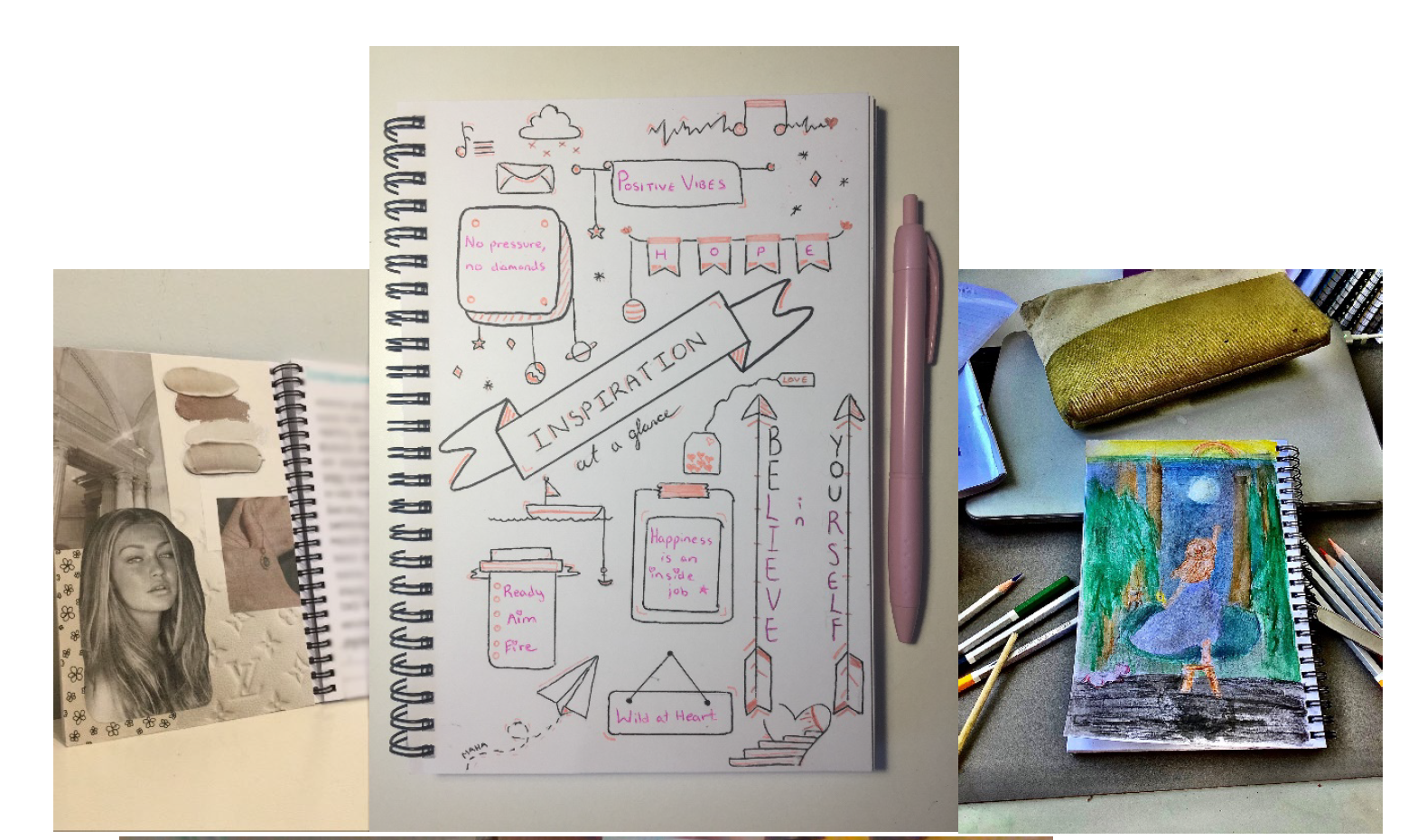Deep down, I think we all want to lead peaceful lives. Where adversity just stays away. Normal, ordinary and stress-free existences where we go to school every day and just get on with things. We cushion our lives to protect us from so many potential difficulties so that when they arrive boldly, sneakily and unwelcomed at our doorsteps, we are outraged. But what we also know to be true, and all the great canons of literature tell us repeatedly in their not-so-subtle character arcs that we learn about in English classes, is that as humans, suffering is how we evolve, and undeniably part of our (human) condition. And certainly, history is very clear in this point; it has always, will always, find us – whether we want it to, or not.
So now our ordinary lives have been rudely interrupted and history has found us. There is no chance we can say 2020 was just a normal year. I recently bought a new house, and in researching the history of the house and the area, I discovered its owner- a founding early settler orchardist- had a pretty tough life and history certainly found him. If the difficulties of migration were not enough of a challenge, his life was punctuated by the shocking losses of the first World War and then again in the Spanish Influenza. Most of us have grandparents whom history found in the years of the Great Depression where they suffered significantly, only to have to then face the horrors of the Second World War. Civilians at the time- those like most of us who lead lives of work, family, and school – were all affected by these events of history. They endured years of hardships: shortages of goods, diseases like polio and influenza, food rationing, unemployment and job losses, and great personal tragedies. Now, COVID 19 – this unwelcomed global pandemic- has brought history to us ordinary folk once again, and the jolt has been mighty. But what we do from here, how we move forward into these new days, is what will define this period of history for us and it is this that we can control and make our own.
Having lived through the Depression and the era of food rationing, my grandmother was the epitome of frugal; remembered vividly for the dripping pan of left over lard from the roast, her (incomprehensible and ghastly) use of offal in the kitchen and her strident ‘finish everything on your plate’ commands at meal times. Determined to bring none of these things into my own life, I forgot to recognize that these things were the result of her understandings of life from living though her period of history: every resource is precious. My other grandmother’s mantra that she would whisper into my ear and write at the end of her copperplate script of hand-written letters that I received every month was “flowers and children are the most important things in life”. I see now that history had found her when the Spanish Flu arrived and her mother died, dissipating her family when she was only a baby. History found her again when she lost brothers in the war.

There is no doubt that as we return to school, we are re-entering a changed world. Things everywhere are different. Social restrictions, perspex plastic screens, ubiquitous mask wearing, x marks on floors dictating where we can stand, lines outside cafes, lines outside shops. School will look a bit different, too, as we all adapt to new practices. The one thing we will all know well soon is what 150cm looks like in reality- our Mathematics teachers can settle, finally, as we have a new frame of reference other than a 30cm ruler. My mum is just under 150cm- so I am doing a lot of peculiar imaginings of her lying horizontal on the ground as a point of reference. But now that history has found us, we have all been given a free pass to shape our lives, and to keep our new-found knowledge and learnings. We can consider the things that we want to keep, and those old ways that can stay in the past. We have been prompted to consider:
- the complexities of family love
- how precious time with those we love is
- what makes our hearts and souls happy?
- the restorative healing power of nature and being outside
- the value community; to embrace and forge our inter-connectiveness
- a purposeful focus on wellbeing; yoga, pilates, walks in the sun, iso-baking and iso-eating
- remembering how to have fun with games
- slowing down and resting (incl. Netflix)
- reading books
2020 will be a story that will be part of all our life histories. While we do not have the comfort of knowing exactly what will come next, and there is no back to normal on the immediate horizon, we can focus on the silver linings and the hope for things to be better, improved and more meaningful. In one of our Year 12 novels by Emily St John Mandel ‘Station Eleven (ironically about a post pandemic world) she writes about the protagonist Arthur, who in his poignant last moments, realises, like King Lear, that he, too, was a man consumed by “a sheer volume of regret” of things that he hadn’t done, relationships he hadn’t nurtured and that these “regrets [crowded] in around him like moths to a light.” Alternatively, others, like the character Jeevan, had discovered that the new post pandemic world offered pure joy and a great sense of clarity in living simply, with purpose and love. Mandel’s message, without doubt, is that the world is a hopeful place, regardless of when, and how history finds us, and that we can be optimistic for our changed lives and look forward to “what else might this awakening world contain?”.
Mrs Lucinda Thom
Head of Students – Pastoral and Wellbeing



